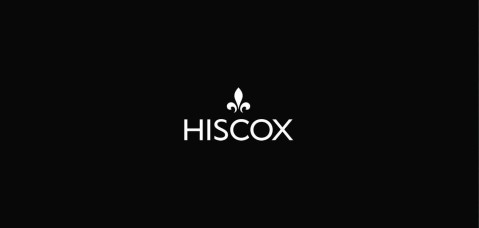What happens when an ad agency uses a celebrity image on Facebook without permission, or a market research agency discovers flaws in its survey methodology? We asked Kate Jacques, one of our specialist media in-house lawyers, to take us along with her on a typical week.
Monday: suspect research leaves an agency in hot water
Typically the day starts around 9am with a decent coffee and my first task will be to take a look through my inbox and see if there are any immediate issues. Most claims are notified to us via email either from the insurance broker or the client themselves, although if it’s urgent we’ll get a phone call.
Back to my desk and there have been some developments on an existing claim against a market research organisation we insure, which carried out research for a customer using a flawed methodology. I discuss the latest settlement offer we’ve received from the claimant’s solicitors in a conference call with the client and broker, and agree to increase our offer in an attempt to reach a compromise.
Tuesday: pay per click mistake costs a customer
The day kicks off with a new claim, this time for a production company who have received a letter from the US based Estate of an internationally known entertainer, alleging that their show contained video and photographic materials which the Estate owned the rights to. The potential exposure is substantial, as the show is still available on the broadcaster’s catch-up service. We suggest that our client appoints an external solicitor at our cost to review the materials and to give a formal written view on whether the claim is defensible. Another new one: a marketing agency client has been managing a customer’s Google AdWords campaign. Unfortunately a junior member of staff failed to put a stop on the campaign after being asked to pause it by the client, who subsequently incurred additional charges. I advise the agency on things to bear in mind when speaking to their client about the issue, such as making sure that all settlement offers are stated to be ‘without prejudice’ and are expressly agreed to be in ‘full and final settlement’ of the issue.
Wednesday: being wise before the event
I don’t just hear from clients after a claim, sometimes they might ask my advice to help prevent one. This afternoon I receive a call from a client asking my view on how to deal with a difficult customer who won’t provide the necessary input to complete a digital design project but keeps complaining that the project isn’t complete. Because I spend most of my time dealing with issues like this, I’m able to give the client some tried and tested practical hints and tips about how best to approach the issue and avoid a claim, It’s nice to proactively help our clients avoid any legal wrangling with their customers.
Thursday: solving our client’s problem before their customer notices
In the morning, I receive notification that a photographic studio we insure has received a claim that the music track used on a ‘making of’ video for a major brand was not properly licensed. Our client would potentially be in breach of contract if it asked its customer to take the video down. Fortunately our client has a reasonably good relationship with the record label and we gave authority for them to negotiate a retrospective licence that will enable the brand to continue using the video, hopefully without knowing there was ever an issue. Quite often we can help our clients resolve problems before their customers are even aware; this looks like one of those examples.
Friday: a copyright-infringing Facebook post
First thing I am contacted by an advertising agency which has received an infringement claim about an image the agency created and posted on a client’s Facebook page. An investigation reveals a staff member had badly misunderstood some earlier training on intellectual property and was working under the false assumption that if he recreated an image from scratch, that would not be copyright infringement. We advise the agency to immediately carry out a wider review of his work to identify any other images created based on a similar misunderstanding. A further two images are identified and removed.
We let the agency know what it can offer to settle the matter. Their main concern is whether they are obliged to tell their client. As the offending image needs to be removed we decide they need to know, but agree a high level of detail is not necessary. Again, it’s rewarding to work closely with our clients to help make sure that any mistakes don’t harm relationships with their customers.
The final act of the day is a call to the marketing agency with the AdWords problem. I speak to the project manager who confirms that their client has agreed to accept service credits by way of compensation. This costs the agency less than refunding the project fees and there is no claim on their policy. A good finish to the week.




